Meta's challenge with ChatGPT starts now
ChatGPT opened the doors to the world of AI chatbots, and now Meta is on a mission to lead the pack. The company introduced its AI assistant last September, and it's rapidly expanding its presence. It's being incorporated into the search function across Instagram, Facebook, WhatsApp, and Messenger. Additionally, it will now show up in the main Facebook feed. Users can engage with it through the messaging features of Meta's apps, and for the first time, it's accessible through a dedicated website at Meta.ai.
To rival ChatGPT, Meta's assistant must be powered by an exceptional model. With the announcement of Llama 3, Meta claims to achieve this by surpassing other models in crucial benchmarks, especially in coding tasks. Meta is launching two versions of Llama 3 today - for both its AI assistant and external developers, with a larger, more advanced version set to release soon.
CEO Mark Zuckerberg aims to make Meta AI "the most intelligent AI assistant globally available for free." Through the implementation of Llama 3, he believes they've nearly reached this goal.
A unique feature of Meta AI is its ability to pull real-time search results from both Bing and Google, deciding which to use for a given prompt. It now also supports creating animations and high-resolution images in real-time. The assistant includes a panel of prompt suggestions, inspired by Perplexity, to guide users on its capabilities, according to Meta's head of generative AI, Ahmad Al-Dahle.
Currently available in the US, the rollout of Meta AI is extending to English-speaking countries, with plans for further expansion. This move is part of Zuckerberg's broader vision for a global AI assistant, aiming to reach Meta's vast user base of over 3 billion daily users. Zuckerberg's strategy involves leveraging Meta's significant scale and agility in adopting new trends, believing that Meta AI will soon become a key player in the AI assistant market.
 Why Meta is looking to the fediverse as the future for social media
Why Meta is looking to the fediverse as the future for social media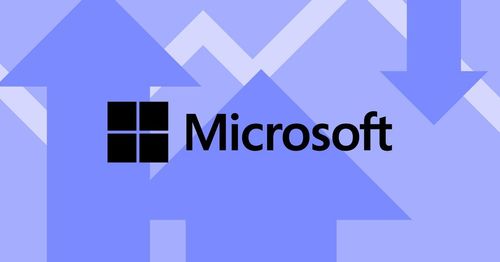 Microsoft’s Surface and Xbox hardware revenues take a big hit in Q3
Microsoft’s Surface and Xbox hardware revenues take a big hit in Q3 Augment, a competitor of GitHub Copilot and backed by Eric Schmidt, emerges from stealth mode with a launch of $252 million
Augment, a competitor of GitHub Copilot and backed by Eric Schmidt, emerges from stealth mode with a launch of $252 million IBM advances further into hybrid cloud management with its $6.4 billion acquisition of HashiCorp
IBM advances further into hybrid cloud management with its $6.4 billion acquisition of HashiCorp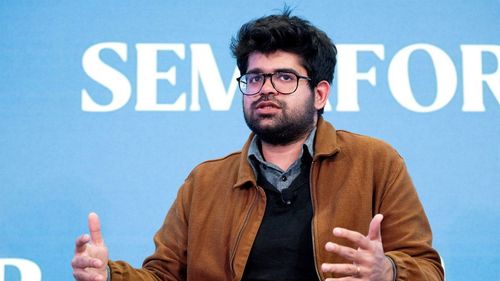 Perplexity is raising over $250 million at a valuation of between $2.5 billion and $3 billion for its AI search platform, according to sources.
Perplexity is raising over $250 million at a valuation of between $2.5 billion and $3 billion for its AI search platform, according to sources.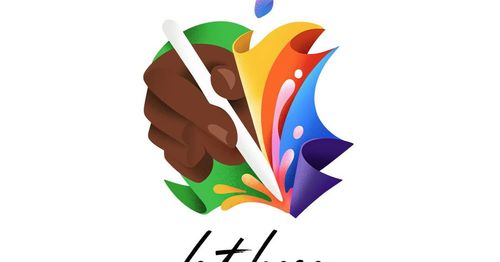 Apple announces May 7 event for new iPads
Apple announces May 7 event for new iPads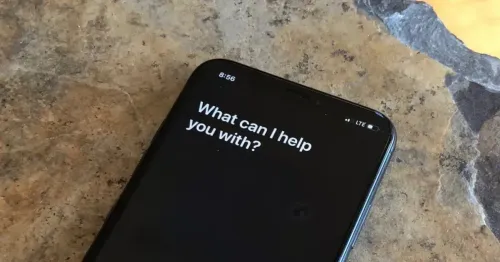 Gurman: iOS 18 AI features to be powered by entirely On-Device LLM, offering privacy and speed benefits
Gurman: iOS 18 AI features to be powered by entirely On-Device LLM, offering privacy and speed benefits Meta aims to become the Microsoft of headsets
Meta aims to become the Microsoft of headsets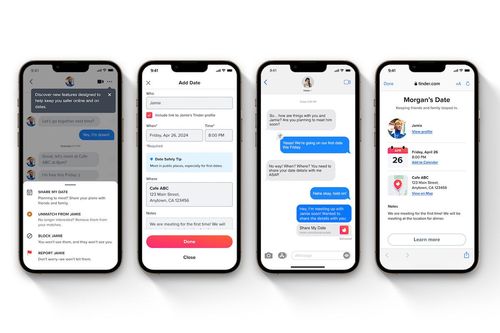 Tinder introduces a 'Share My Date' feature allowing users to share their date plans with interested friends
Tinder introduces a 'Share My Date' feature allowing users to share their date plans with interested friends This is Tesla's effective solution for the recalled Cybertruck accelerator pedals
This is Tesla's effective solution for the recalled Cybertruck accelerator pedals
